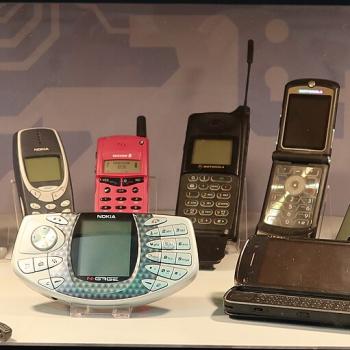The Tribune featured a story they picked off Bloomberg today, though apparently the article itself is not new: “Home-Care Aides at Poverty’s Edge Are Hottest U.S. Jobs.” The article profiles a woman who works as a Personal Care Aide, or PCA. Her hours are erratic, and the pay equally so, as she’s paid partially by self-paying clients, who don’t consistently have the money to pay her, partially directly by Medicaid, and partially via Medicaid but contingent on the client getting their paperwork completed in time. What’s more, she continues to put in her usual shifts at her clients even when she knows she won’t paid, out of a feeling of obligation and an awareness that her services are needed whether the paycheck comes or not.
She doesn’t provide healthcare, just more ordinary personal care (washing her client’s hair, for instance), light housekeeping (cooking, cleaning), and companionship.
Her pay? $9.78/hour. (That’s the Medicaid rate. Do her non-Medicaid clients pay more, or less, or the same? The article doesn’t say.)
Is this fair?
On the one hand, the actual concrete skills required are fairly minimal. Cooking and cleaning are rather basic skills. For pete’s sake, she’s not changing adult diapers, or dressing wounds, or the like. And the work is, by and large, less strenuous than an always-on-the-go job at McDonalds. The article says, of the profiled woman, that she brings her 4-month-old baby along with her, since she can’t afford daycare, and one imagines that this is a win-win to the extent that her elderly clients are probably rather happy to have a baby in the house. But that’s still an indicator of the nature of the job warranting its low pay.
On the other hand, the article has a handy graphic that tells us that Personal Care Aide and Home Health Aide jobs are both forecast to increase by 70% over the decade from 2010 – 2020. The median wage for the former: $19,640; for the latter, $20,560, so not much more. And in both cases, the wages are basically fixed by the government. And there’s something unsettling about a job that will be increasingly important, as the Baby Boom generation ages and their children are less able to care for them than in the past (due to fewer stay-at-home adults and more geographical dispersion), being paid so little — and the argument that “these people should just get more education in order to get better-paid jobs” doesn’t work as well when it’s these lower-paid jobs that are growing — and when, after all, much more so than a fast-food worker, we need these workers and can’t just shrug it off as, “well, the jobs will be automated soon enough anyway.”














